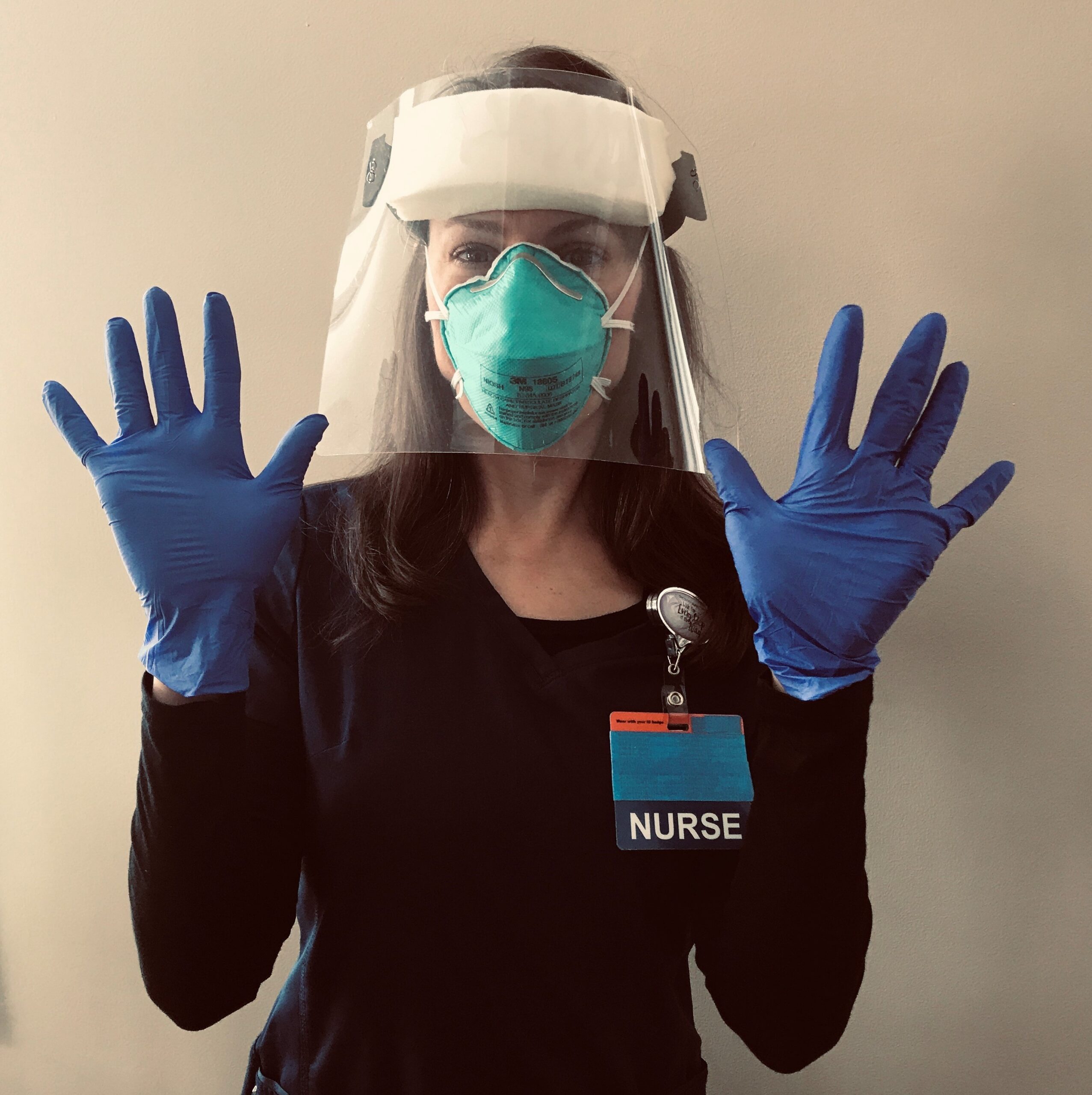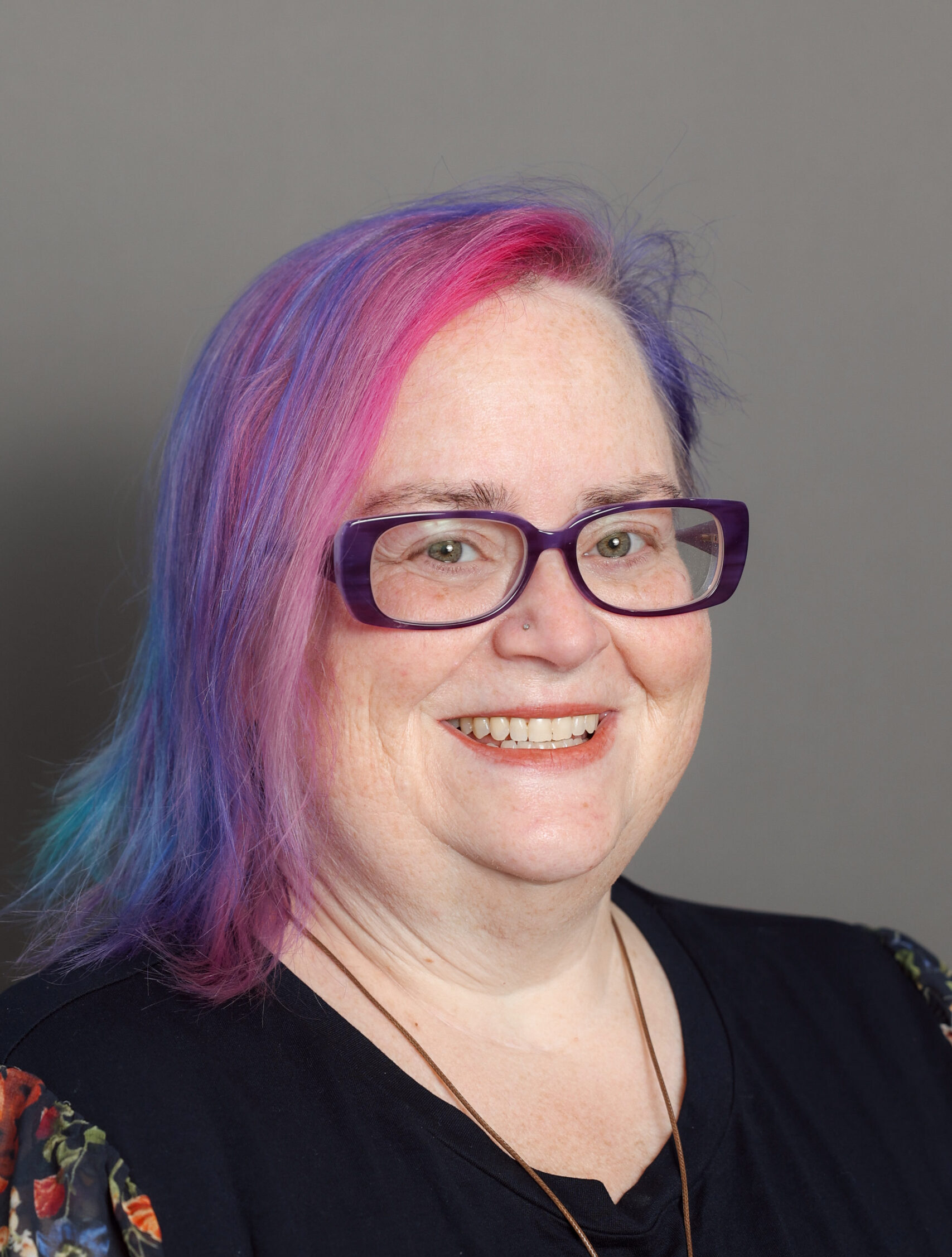How CDP funded COVID-19 in 2021: Mental health

Editor’s note: The following post was originally shared in Philanthropy and COVID-19: Examining two years of giving, a report published on May 25, 2022 by the Center for Disaster Philanthropy and Candid.
According to mentalhealth.gov, “Mental health includes our emotional, psychological, and social well-being. It affects how we think, feel, and act. It also helps determine how we handle stress, relate to others, and make choices. Mental health is important at every stage of life, from childhood and adolescence through adulthood.”
CDP pays close attention to mental health after natural hazards and extreme weather events, so it quickly recognized the needs that would emerge from the pandemic. The first round of grantmaking from CDP’s COVID-19 Response Fund in 2020 addressed psychosocial health and wellbeing, and that focus has continued throughout all funding cycles.
The pandemic’s impacts on mental health will likely follow a different trajectory than those from other disasters, which have an established pattern. As noted in CDP’s Disaster Philanthropy Playbook’s Mental Health, Grief and Bereavement Toolkit, “We know from the descriptions of researchers such as David Abramson at New York University, that people and communities who have experienced a weather-related disaster event go through a series of reactions to the event over the long arc of recovery.”
The pandemic has followed the beginning of the path—the heroism of health care and essential workers and neighbors helping neighbors, thereby building community cohesion. The next stages, however, are less clear. Certainly, there has been a great deal of disillusionment and distrust from all sides of the political spectrum, but there is no clear “reconstruction” agenda. Given the breadth of the pandemic in affecting everyone, not just select members of a community, recovery is likely to take much longer.
The intersection of mental health and disasters is one of the more sensitive aspects of response and recovery work. It is also one of the least funded among philanthropic disaster investments. Share on XRecognizing this gap, CDP granted nearly $2.6 million in 2021 to address psychosocial health and wellbeing needs after disasters. Of this, just short of $2 million was specifically allocated for COVID-19 recovery. Among them were:
- $95,326 from the Midwest Early Recovery Fund to the Boys and Girls Club of the Leech Lake Area in northern Minnesota to develop programming on wellness, resilience, and mental health that is culturally grounded and appropriate for children.
- $250,000 from the COVID-19 Response Fund to the American Nurses Association to provide much-needed support and mental health care for America’s nursing population. More than 90% of the nation’s registered nurses are women and approximately 20% are Black, Indigenous, Asian, Hispanic, or multiracial.
- $1 million from the COVID-19 Response Fund to Project HOPE for coronavirus response in South America, Asia, Europe, and Africa to support their mental health resiliency program to train health care workers.
CDP’s COVID-19 grantmaking from 2020 to 2021 addressed the need to move mental health support into the virtual space more concretely than may have been practiced before. CDP recommends funders provide community resources that can be delivered online, by phone, or in-person, especially in those communities that are experiencing multiple disasters such as farmers in the Midwest who are also confronted with drought, fires, and floods and grade-school youth who have been transitioning in and out of school for the course of the pandemic.
Based on CDP’s experiences and research, along with the wisdom of grantee partners and other experts, CDP strongly believes that mental health is an area that will need ongoing funding to support recovery in the U.S. and worldwide. Share on X
Many racialized communities face challenges in accessing culturally appropriate care, so incorporating an equity lens into mental health funding is critical.
